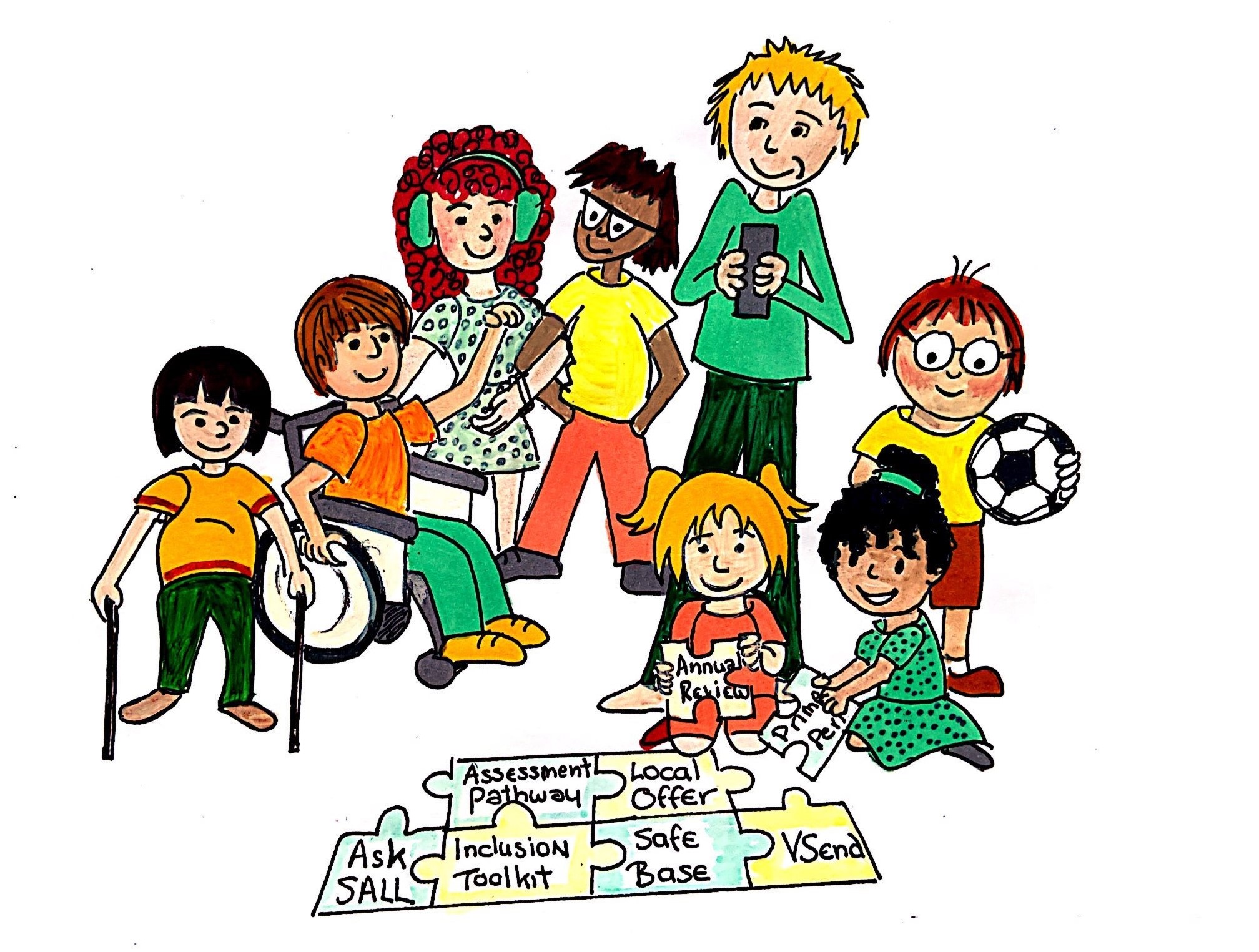Level 7-10 what you may notice
0-5
Level 7-8
The child displays severe learning difficulties. Child is functioning at approximately 6-12 months across most area of development
- developmental delay of 18–24 months below their chronological age in essential milestones, using EYFS Development Matters
- making very limited progress in specialist early years tracking tools e.g. developmental journal
- child is unable to function, participate and engage for a high proportion of their day
- complex and long-term difficulties with play
- cannot retrieve or request a toy if it is placed out of reach or hidden from view; restricted interest in surroundings
- does not engage with materials and objects. For example, filling and emptying containers and shows evidence of significant difficulties retaining concepts over time
Level 9-10
The child displays profound and multiple learning difficulties. Child is functioning in the 0-6 months range as assessed across all areas
- persistent and severe delays in acquiring skills across the system, with no or minimal progress
- little or no problem-solving skills, which impacts on all aspects of learning
- little or no understanding of routine and immediate environment
- does not engage with play of any kind
- shows no recognition of own face when shown
- doesn’t remember where familiar things are kept or show anticipation for regular routines
- child has additional physical or medical and sensory needs and may have a life limiting condition
5-16
Level 7-8
The pupil shows severe and pervasive difficulties with acquiring and retaining skills across the curriculum. The pupil may be working 2-3 years or a key stage behind age related expectations for attainment. The pupil works on an individual and bespoke curriculum and therefore has a highly personalised timetable that will include time spent away from their mainstream class in order to work towards specific goals, as recommended by appropriate practitioners. The pupil is able to access some whole classroom learning with significantly high levels of scaffolding, or significant adult direction, to ensure that they can experience success. An awareness of the pupil’s overall special educational needs are taken into account
- significant and persistent difficulties in the acquisition or use of language, literacy and numeracy skills which affect progress in all aspects of the curriculum
- significant difficulties in tasks involving specific abilities such as sequencing, organisation, or phonological or short-term memory abilities
- specific difficulties with an aspect of learning with progress far behind peers in relation to this aspect, which is impacting on progress in multiple parts of the curriculum.
- communicates using signs and gestures and some key words
- significant difficulties generalising or transferring from one context to another
- may present with very short attention span, identified memory difficulties
- behaviour problems may be apparent
- generalised learning difficulty (or MLD). Persistent difficulties with the acquisition and retention of use of language, literacy and numeracy despite high quality teaching and relevant, focused small group and 1:1 intervention
- may find it difficult to follow lengthy (more than 1-2 step) instructions and routines
- work avoidance behaviours frequently seen
- a high level of support needed to organise resources or new activities
- constant adult support for learning. Likely to need constant on going level of support for personal, social, emotional well -being or self-help and safety
- difficulties with adaptive behaviour and social skills. For example, can seem immature when compared to peers
- very limited progress with attainment in the bottom quartile of scores below 65
Level 9-10
The pupil shows severe and profound, pervasive difficulties with acquiring and retaining skills across the curriculum. The pupil may only be attaining half their chronological age across all areas of assessment (functional, verbal, cognition). The pupil will require constant support to access a flexible and responsive timetable planned to meet specific outcomes agreed by specialist practitioners or outside agencies, parents, pupil (if appropriate), Locality SEN manager and school staff. The pupil’s needs are met through accessing a fully personalised timetable alongside highly skilled members of teaching staff.
- profound and life-long learning difficulties impacting on access to learning in range of settings
- significant and persistent difficulties with several aspects of cognition. For example, memory, concept development, information processing, understanding, sequencing and reasoning
- very specific and permanent difficulties (dyslexia, dyspraxia) affecting literacy skills, spatial and perceptual skills and fine or gross motorskills, significant and persistent difficulties in the acquisition of reading, writing, spelling number skills, which do not fit their general pattern of learning and performance.
- very limited or no understanding of language
- significant difficulties with organisational skills and independent learning
- no evidence of attainment progress over current academic year
- a constant high level of support needed to organise resources or new activities. Adaptations for safety needed
- constant on-going level of support for personal, social, emotional well-being or self-help and safety
- difficulties with adaptive behaviour and social skills. For example, will seem immature when compared to peer


